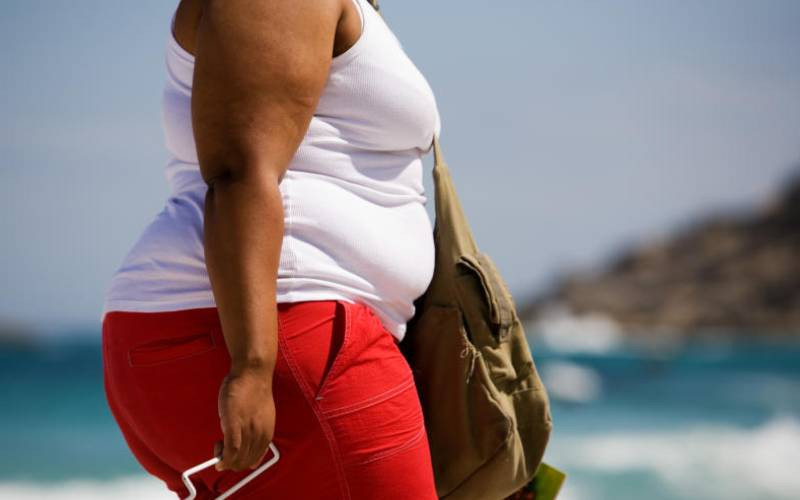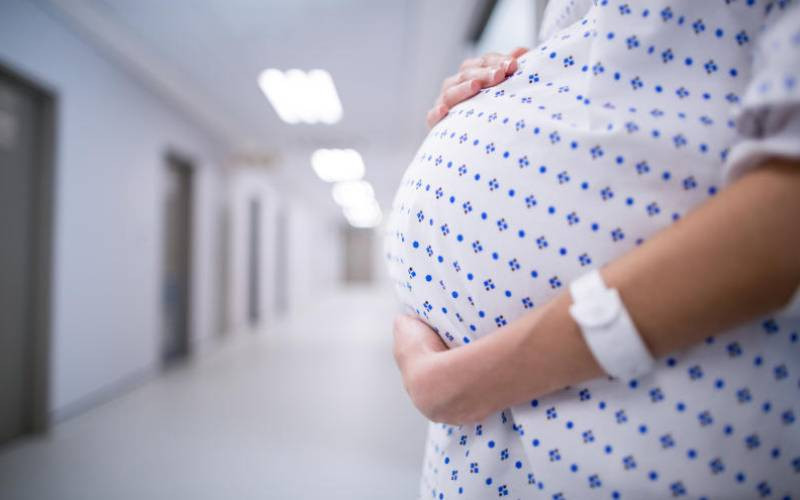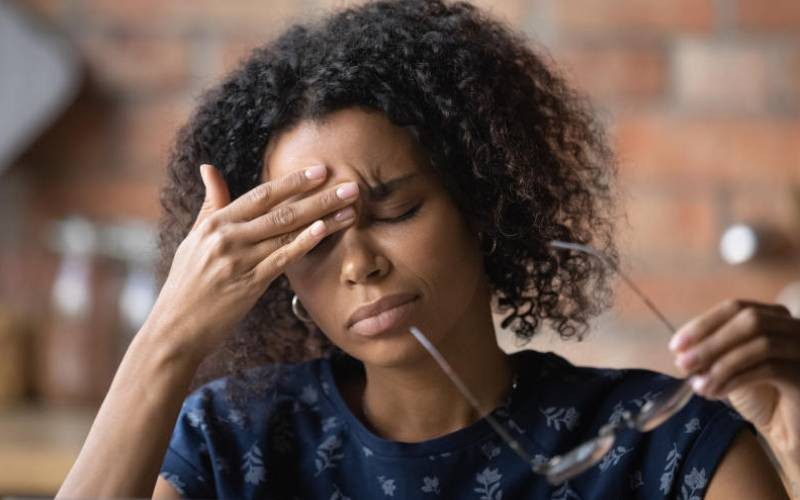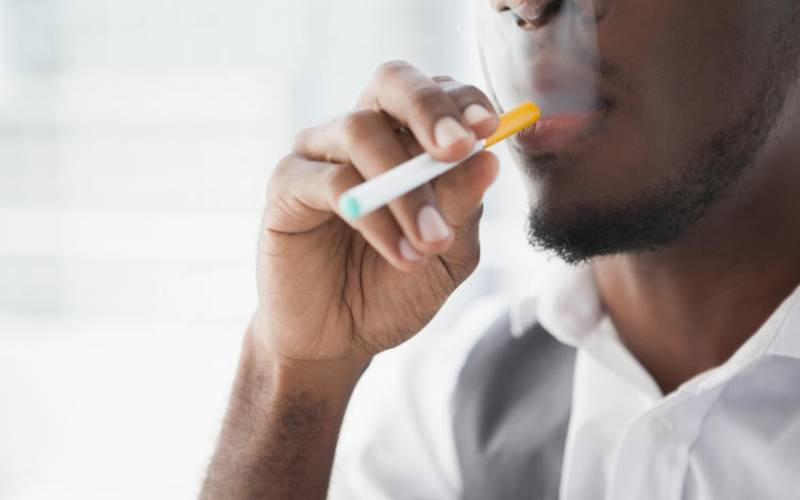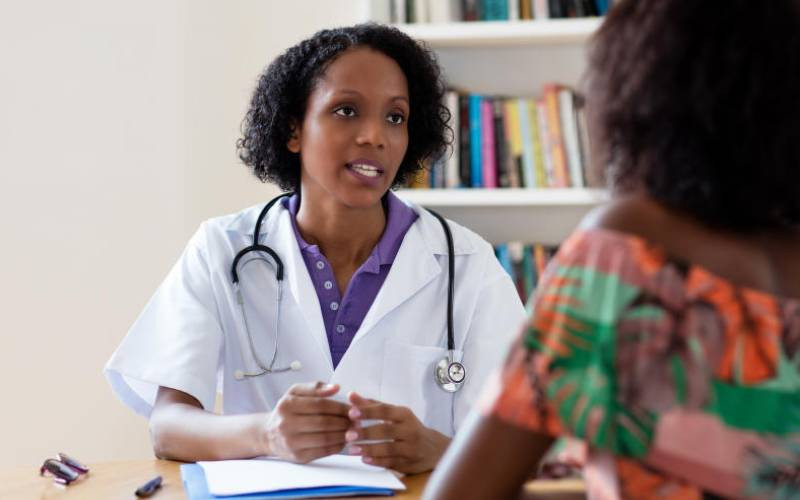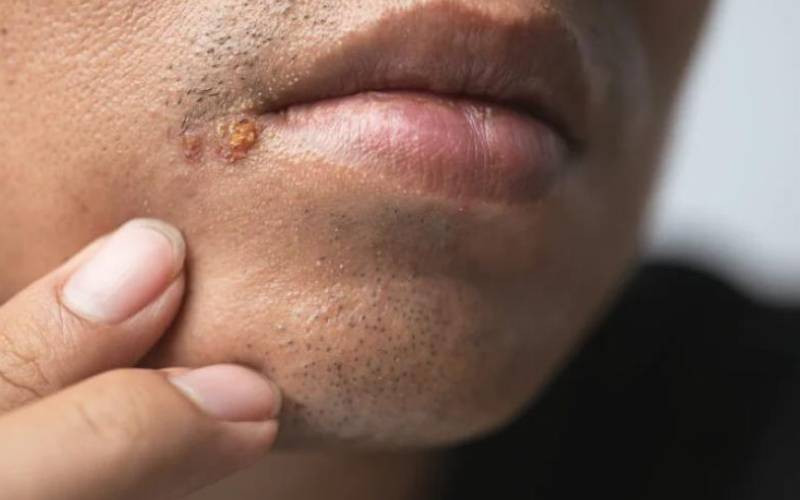
Alcohol Concern fears 3,000 cases each year of the killer disease could be the result of alcohol consumption, which is thought to increase oestrogen production
New research has highlighted the link between alcohol and breast cancer prompting new warnings to women to drink less
More than a million women aged over 50 took part in the Oxford University study which saw them fill in a questionnaire after having a breast scan.
The study found those who drink a glass a day were between 7 and 12 per cent more likely to get breast cancer, according to a fact sheet published by charity Alcohol Concern.
Experts encouraged women to have more alcohol free days and drink less.
Prof Sir Ian Gilmore, chair of the Alcohol Health Alliance, said: “Any strategy that reduces regular drinking, such as days off alcohol each week, can only help to reduce overall consumption and the burden of diseases like breast cancer.”
More than 50,000 women are diagnosed with breast cancer every.
Alcohol Concern claims around 3,000 of the annual cases may be directly attributable to alcohol consumption.
The exact ways alcohol increases the risk of developing breast cancer are not fully understood, but it is believed alcohol breaks down into a substance which can cause genetic mutations.
It is also thought alcohol increases the production of the hormone oestrogen in pre-menopausal and post-menopausal women, increasing the multiplications of cancer cells.
Previous research shows that less than half of the British public know of any link between alcohol and cancer, and less than a third of a link between alcohol and breast cancer.
Jackie Ballard, chief executive at Alcohol Concern, said: “Alcohol has cancer causing properties and it’s important that people are aware of the risks associated with its use.
“Although there is no ‘safe’ level of alcohol consumption, sticking to government guidelines is a reliable way of minimising alcohol-related health risks.
“The recommended limit for women is 2-3 units a day, and for men 3-4 units and everyone should have 2-3 alcohol free days each week.”
 The Standard Group Plc is a multi-media organization with investments in media platforms spanning newspaper print
operations, television, radio broadcasting, digital and online services. The Standard Group is recognized as a
leading multi-media house in Kenya with a key influence in matters of national and international interest.
The Standard Group Plc is a multi-media organization with investments in media platforms spanning newspaper print
operations, television, radio broadcasting, digital and online services. The Standard Group is recognized as a
leading multi-media house in Kenya with a key influence in matters of national and international interest.


